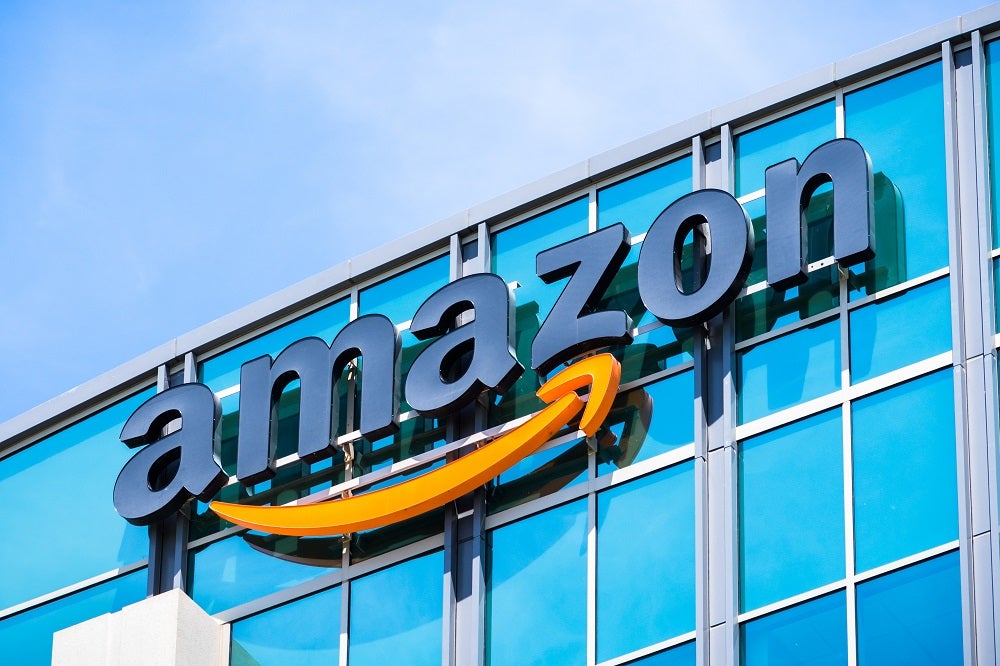The Buy Now Pay Later (BNPL) market appears as one of the hottest investments at present. From the largest online retailers to gigantic technology companies and financial services firms, they all have sought to get involved in the BNPL market.
However, the emergence of the BNPL market has overshadowed serious risks arising from it. Business models may not be sustainable in times of a tighter monetary policy. Most importantly, the lack of regulation leaves room for unsustainable household debt that could result in a credit bubble.
The battle for entering the BNPL market is heating up
In August 2021, Amazon announced its partnership with the BNPL provider Affirm, as part of its plans of rolling out BNPL as an integrated payment option at checkout.
Only a month earlier, Square Inc, one of the largest payment services companies, announced the purchase of the Australia-based BNPL provider, Afterpay Ltd, for $29bn. Square’s rival, PayPal was another fintech giant that followed suit, announcing the acquisition of Japan-based BNPL provider, Paidy, for $2.7bn, in early September.
Goldman Sachs, has also recently rode the tide of BNPL interest, announcing its $2.2bn acquisition of GreenSky, a fintech specializing in BNPL home improvements.
Monzo is the latest fintech company set to enter the BNPL market, and the first regulated bank in the UK and the European continent to launch BNPL services.

US Tariffs are shifting - will you react or anticipate?
Don’t let policy changes catch you off guard. Stay proactive with real-time data and expert analysis.
By GlobalDataInterest-free credit may not be sustainable in the long-term
BNPL transactions can be a cash cow for all parties involved, especially now that an ultra-low interest rate environment facilitates cheap credit. BNPL schemes can offer new income streams to merchants (retailers) and credit issuers, stimulating consumption by increasing the affordability of big-ticket items for consumers.
Although the current zero interest rate environment is ideal for facilitating interest-free payments, this may not last for long as soon as interest rates rise in line with economic recovery and inflation.
Moreover, with current business models are mainly reliant on a gross margin estimated at 5% of the value of transactions, standalone BNPL providers could only be profitable if credit losses were much lower than 5% of loaned capital and with borrowing rates approaching 0%, without including other operating costs. Even with the current favourable conditions, the largest standalone BNPL providers Klarna, Afterpay and Affirm are yet to be profitable.
Unsecured credit is a systemic financial risk amid lack of regulation
The BNPL market is not as strictly regulated as other credit markets. This is a pattern in all countries where BNPL providers operate as the small point-of-sale credit with short-term length and interest-free payments escapes the strict regulatory boundaries of standard credit markets.
It is at the discretion of BNPL providers to run soft-credit checks (if any) for their customers. Moreover, as BNPL services are not recognized as credit, they can slip off the radars of credit reference agencies, with bad debt potentially becoming invisible while bad debtors continue to use other BNPL services.
Such unsecured credit could lead to unsustainable debt, putting the financial system at risk of a credit bubble, thirteen years after the financial crisis of 2008 that was sparked by unstainable subprime lending, offering unsecured credit with no hard-credit checks and at non-subprime rates sounds like a hubris.









